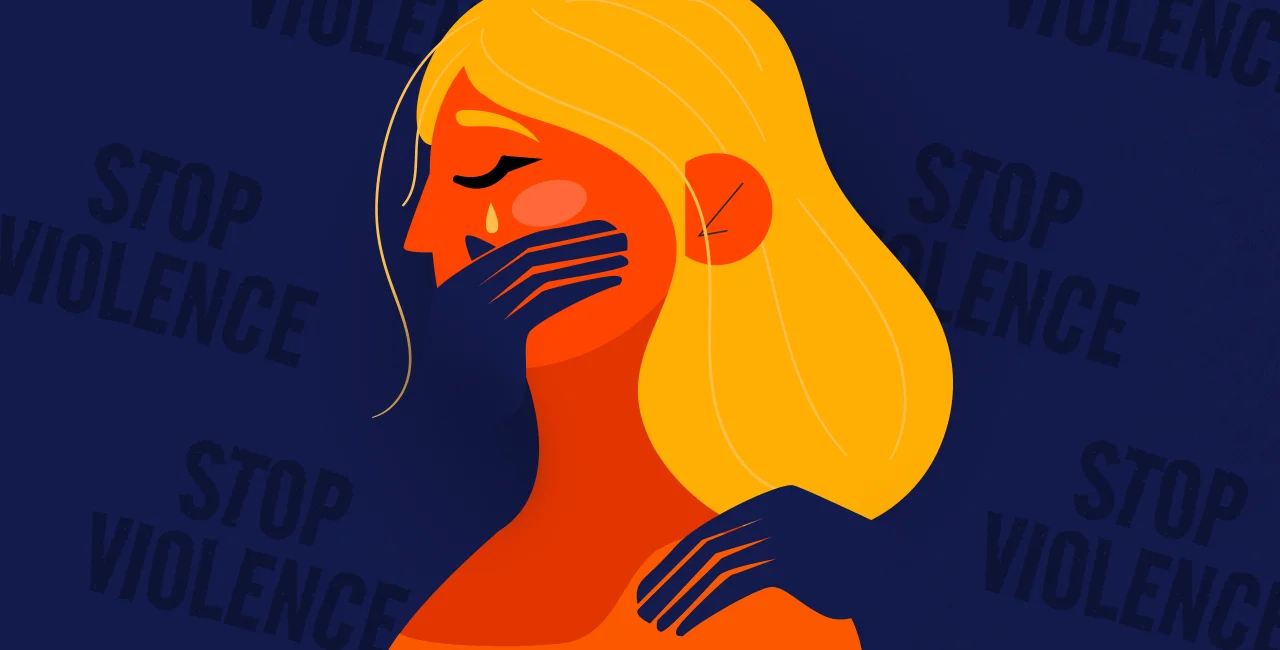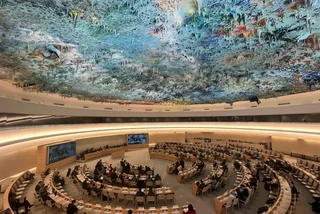The Czech Senate narrowly rejected the Convention of the Council of Europe on preventing and combating violence against women and domestic violence. Only 34 of the 71 senators present supported its ratification, falling short of the two votes needed for adoption. The approval followed a nearly seven-hour debate where supporters and opponents of the convention clashed.
The Czech Republic will now join the minority of countries that signed the Istanbul Convention but did not ratify it. The Chamber of Deputies, set to decide on the convention's approval amid disputes between the liberal and conservative factions of society, is unlikely to discuss the document given the Senate's stance.
Neither President Petr Pavel's afternoon appeal nor Senate President Miloš Vystrčil's emotional concluding speech swayed the upper parliamentary chamber towards the convention.
The voting record reveals the convention was supported primarily by members of the Mayors and Independents (STAN) and SEN21 and Pirates, along with 11 members of the Civic Democracts (ODS) and TOP 09 parties, as well as individuals from other factions. The majority of senators opposed were Christian Democrats (KDU-ČSL) senators, and members of the ANO and Social Democracy parties.
'A sad day for human rights'
Minister for European Affairs Martin Dvořák labeled the Senate's decision an "international disgrace." According to Dvořák, the Istanbul Convention has become a bogeyman for "traditional" Czech families and despite the best efforts of the Convention's supporters, the belief hasn't been reversed.
Writing on social media platform X, Dvořák said: "It really annoys and saddens me because we are sending a very bad signal to women and girls that we do not consider it necessary to protect victims of domestic violence."
Bohužel Istanbulská úmluva neproÅ¡la Senátem. Mrzà mÄ›, že se u nás z Istanbulské úmluvy udÄ›lal strašák "tradiÄnÃch" Äeských rodin a i pÅ™es velké úsilà podporovatelů úmluvy se už kormidlo nepodaÅ™ilo otoÄit. Je to mezinárodnà ostuda. Fakt mÄ› to Å¡tve a mrzÃ, protože dáváme ženám a…
— Martin Dvořák 🌈 (@_MartinDvorak) January 24, 2024
Hana Stelzerová, director of the Czech Women's Lobby, called the decision a sad day for human rights. She's also the spokesperson for a coalition of organizations that have long been working on human rights, violence against women and domestic violence, under the name Voice Against Violence.
Stelzerová stated: "Politicians who voted against the convention fully demonstrated that they ignore the fate of victims who do not receive timely and adequate support due to deficiencies in our aid system."
Conflicting views
Opponents of the convention expressed concerns about its societal impact, including deviations from traditional concepts of gender, imposition of gender ideology, and potential financial burdens on the state. They argued that adopting the convention did not reduce violence in countries that ratified it.
Supporters emphasized addressing domestic violence and violence against women, citing flaws in court practices, with perpetrators often receiving probation in half of sexual violence cases. Critics accused them of misinterpreting the convention and using nonsensical arguments. They contended that accepting the convention would align the Czech Republic with progressive countries.
The Czech Republic signed the convention in 2016 but postponed ratification. The current government agreed to resume the process last June, triggering strong reactions. Conservative groups, including seven Christian churches, vehemently rejected the convention, while supporters believed it would enhance victim assistance and symbolize the unacceptability of violence in the Czech Republic.
What does the convention say?
The convention condemns domestic violence, sexual harassment, rape, forced marriage, honor crimes, and genital mutilation. It highlights the disproportionate victimization of women in domestic and sexual violence, as well as in cases of mass rape during armed conflicts.
The document views violence against women as both a violation of human rights and an act of discrimination. In the convention, states commit to implementing measures against violence, prevention efforts, and the allocation of funds for various services. This includes training for health workers, police officers, and judges. The convention envisions the establishment of medical assistance centers for victims of sexual violence, along with the provision of legal and psychological support and shelters.
The nine countries that have not ratified the Convention are Armenia, Azerbaijan, Bulgaria, Czechia, Hungary, Latvia, Lithuania, Russia, and Slovakia.
The text emphasizes the importance of involving men and boys in prevention initiatives. Additionally, there is an emphasis on working with individuals exhibiting violent behavior.
According to data from the National Plan for the Prevention of Domestic Violence, the Czech Republic incurs an annual loss of at least CZK 14.5 billion due to attacks within homes, resulting in factors such as work incapacity and the need for medical treatment. Approximately 600 rapes are reported to the police each year, constituting about 5 percent of the total cases, as per research findings.













 Reading time: 3 minutes
Reading time: 3 minutes 



































